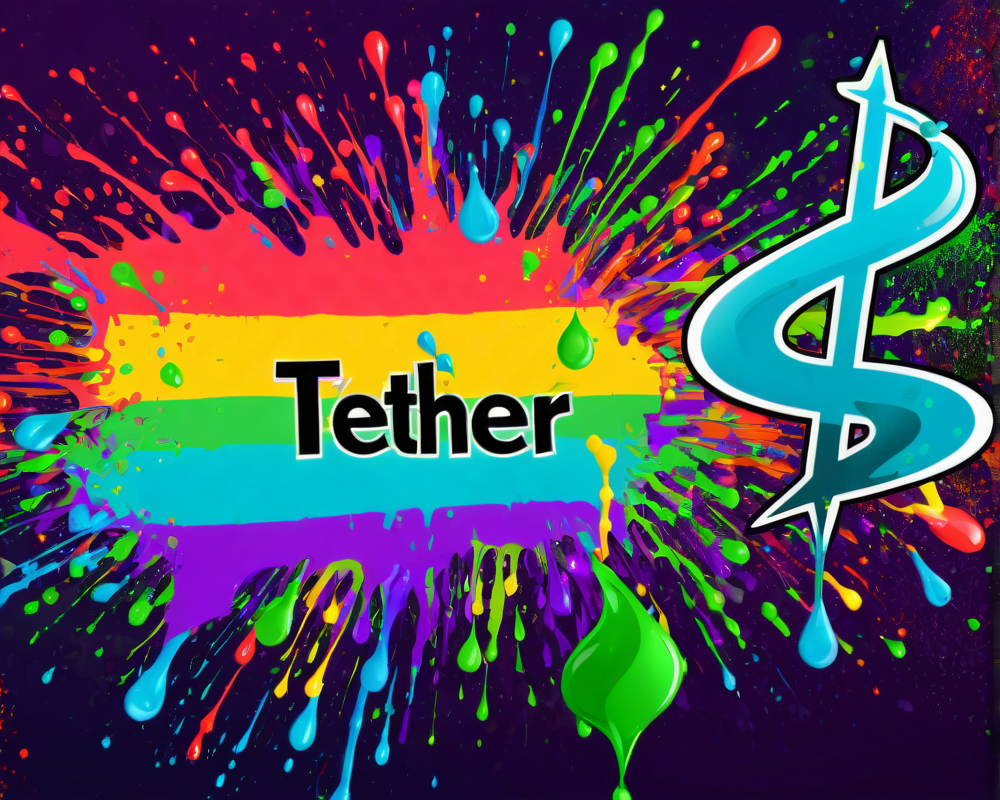Understanding the VanEck SolidX Bitcoin Trust
The VanEck SolidX Bitcoin Trust has made waves since its launch, albeit with a somewhat tepid response from institutional investors. With a mere four Bitcoins issued and total net assets stubbornly hovering around $41,400, you could say the enthusiasm has been more of a gentle ripple than a tidal wave.
What Makes It Different? The ETF-Like Mystery
VanEck pitched its product as being reminiscent of a traditional exchange-traded fund (ETF), aiming its sights squarely on qualified institutional buyers (QIBs). But here’s the kicker: critics quickly jumped in to clarify that this is not an official ETF. As stated by industry lawyer Jake Chervinsky, the Trust “looks exactly like the Grayscale Bitcoin Trust,” which has had six years to gather some dust (and Bitcoin) under its belt.
The Critique: Confidence Shaken
The response from the market hasn’t been great. With only a few handfuls of institutional players interested in such limited products, it’s been described as a “bad launch.” Alex Krüger emphasized this sentiment, indicating that institutional investors are showing little desire for these niche offerings. They’d prefer more robust, high-demand instruments, thank you very much.
Regulatory Outlook: The Waiting Game
To add more intrigue to this unfolding drama, regulators are expected to deliver their final judgement in October on whether two pending ETF applications, including VanEck’s, will be greenlit for trading. Will they walk away with a shiny new investment tool, or will they end up back at the drawing board? The suspense is real.
The Bigger Picture: Maturation of the Bitcoin Ecosystem
Gabor Gurbacs, VanEck’s digital asset strategist, remains optimistic. He believes the Bitcoin ecosystem is steadily evolving towards a state that could support institutional-quality products. Fingers crossed, right? After all, who wouldn’t want more mature financial instruments instead of experimental ones?




